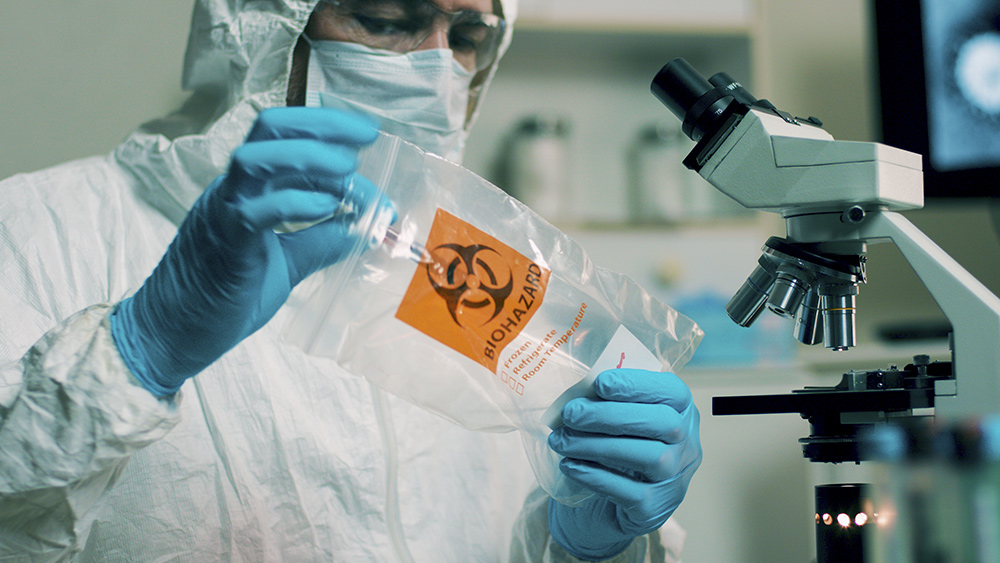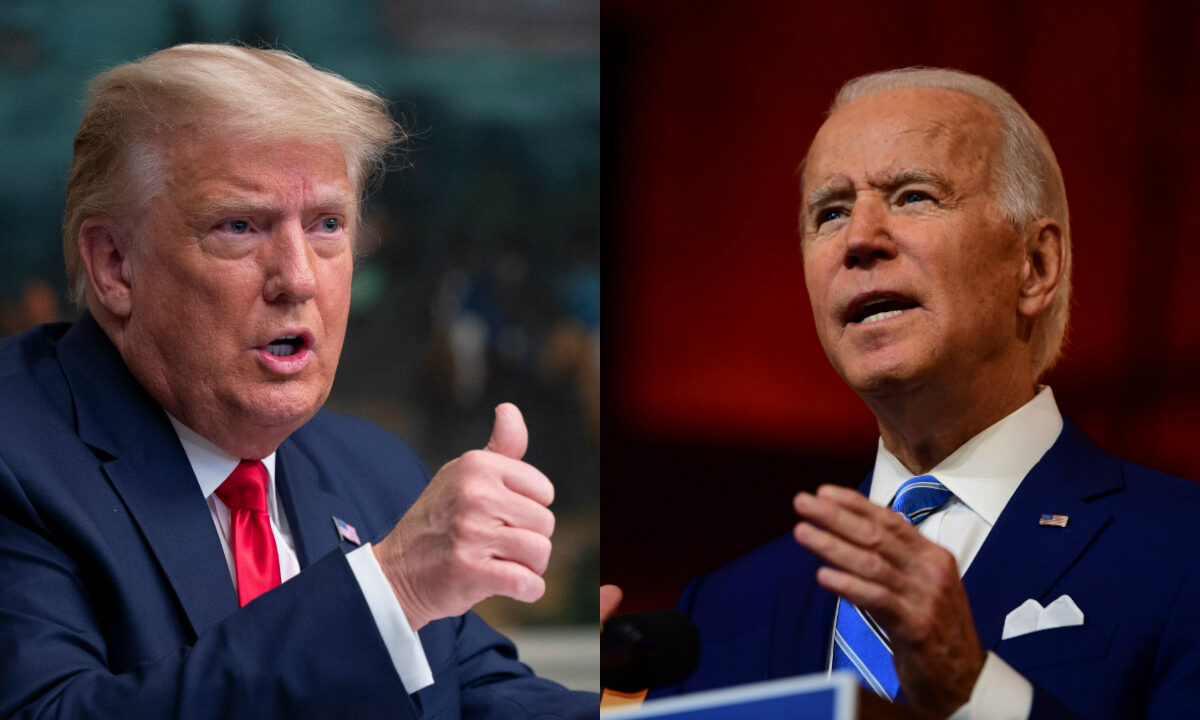Australian research institute says WHO must have more power to enforce global pandemic rules
11/09/2023 / By Zoey Sky

According to a major Australian research institute, the World Health Organization (WHO) should be given more power to enforce global pandemic rules so it can “prevent future emerging diseases.”
In the Australian Institute for Infectious Disease’s (AIID) submission to the Australian government as part of a consultation process, the organization claimed that the International Health Regulations (IHR) should be “reformed to facilitate early detection and response to future pandemics” and avoid the mistakes made during the Wuhan coronavirus (COVID-19) pandemic.
The AIID added that the current global health rules had many shortcomings that delayed the efforts of many countries to discover and deal with new widespread diseases, including a lack of capacity to ensure governments meet their obligations under the IHR and limited global oversight and coordination.
The AIID also detailed several measures that nations could enforce to make sure that the IHR’s reform could achieve the desired results.
Additionally, the AIID supported Australia’s full participation in the process of developing and reforming the global pandemic rules. AIID suggested other measures, such as:
- Adopting a “One Health” approach and Universal Health Coverage
- Enhancing the sharing of international and regional financing and resources
- Investing in “diverse” health workforces
- Facilitating cheaper vaccine production and distribution
However, AIID said strengthening WHO should not require the agency to undertake responsibilities or functions that are better performed by other organizations.
AIID also advised countries against naming disease strains after specific locations to avoid “negative consequences and stigma” that came with early reporting, like in the case of the COVID-19 pandemic. Even though the submission mentioned the negative consequences of the action, it did not explain what they were or how they affected the detection and response of future pandemics.
Amid the COVID-19 pandemic, the WHO made a controversial decision to avoid the previously common practice of naming health threats after a locality. Earlier examples include names such as Spanish flu, West Nile virus and Middle East Respiratory Syndrome (MERS).
This explains why the WHO did not name the COVID-19 virus as the “Wuhan virus” or “China virus.” Wuhan is the city where the infectious disease first broke out. According to reports, Chinese communist officials opposed associating the pandemic with China or Wuhan because the action was “xenophobic.”
Politicians and health experts warn against giving WHO more power
While some organizations say that the WHO should be granted more power, many politicians and health experts are concerned that a stronger WHO could abuse this power and “strip away the sovereignty of member countries.”
In May, several U.S. politicians denounced the Biden administration for conforming to the WHO’s regulations and requirements during the COVID-19 pandemic. The politicians warned that doing so would be equal to surrendering U.S. sovereignty to the WHO.
One of them warned that “the WHO is a corrupt organization,” and that “it is nothing more than a puppet for the Chinese government.” (Related: Dr. Meryl Nass warns: WHO pandemic treaty is about global dominion by the few and total control of the masses.)
The politician added that America is a sovereign country and that it should not allow another country to determine how, if and when the country protects itself during future disease outbreaks.
“No other country is going to use American taxpayers’ dollars as their piggy bank and slush fund and spend it however and whenever they see fit,” concluded the politician.
Learn more about the WHO’s Pandemic Treaty at MedicalTyranny.com.
Watch the video below to learn how the WHO is attempting a power grab under the guise of the Pandemic Treaty.
This video is from the Dune Drifter channel on Brighteon.com.
More related stories:
WATCH as Dr. Astrid Stuckelberger exposes secret global health DICTATORSHIP agenda of UN and WHO.
Sources include:
AIID.edu.au[PDF]
Submit a correction >>
Tagged Under:
biased, big government, China, conspiracy, Dangerous, deception, forced restrictions, globalists, health freedom, infections, insanity, medical fascism, medical martial law, Medical Tyranny, national security, obey, outbreak, pandemic treaty, plandemics, propaganda, WHO
This article may contain statements that reflect the opinion of the author





















